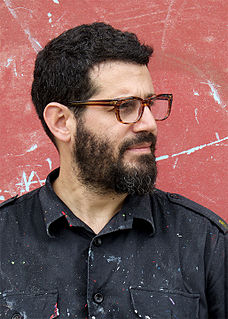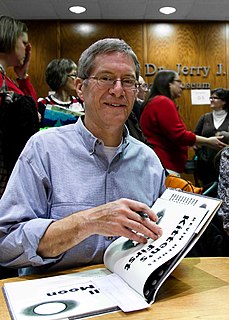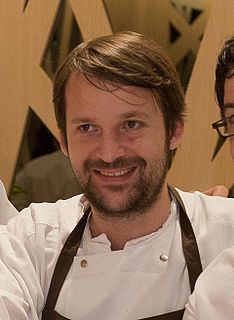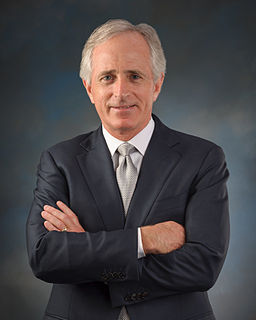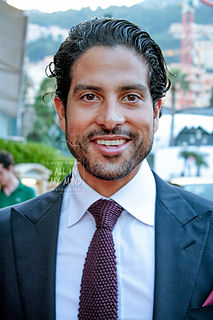A Quote by Kehinde Wiley
I think that once you're able to sort of get in line with who and how you relate to the world, you'll become closer to this index that I'm referring to. Because what you want is this card that relates to that book. What you want is this human that relates to this world, rather than having this art school society scattering that point of view somewhere in between. It becomes diffused. And that level of clarity, I think, was gained at the Studio Museum in Harlem.
Related Quotes
I was trying. I was crawling. I was coming into myself. I was trying to in some ways get beyond - what is the word that I'm looking for? - metaphorical language in painting, and to create something that was more indexical. And what I mean by that is that when you go to the library there's an index card that refers to a book that's actual and real in the world. So that index relates to something real.
When I decided to go to art school, it wasn't necessarily something I thought I needed. No one talked about graduate school when I was an undergrad. I went on to a residency at the Studio Museum in Harlem, and that transition from Yale to the Studio Museum, that was the real beginning of my professional career.
I believe in art that is connected to real human feeling, that extends itself beyond the limits of the art world to embrace all people who are striving for alternatives in an increasingly dehumanized world. I am trying to make art that relates to the deepest and most mythic concerns of human kind and I believe that, at this moment of history, feminism is humanism.
I think as technology and expertise makes possible these sort of amazing levels of fidelity to the real world, a lot of people sort of get sort of - what's the word I'm looking for - seduced into that. And after a time, they get tired of it and they become a little bit more interested, I think at a certain level of subtraction and a new level of sophistication.
[T]he more clamour we make about 'the women's point of view', the more we rub it into people that the women's point of view is different, and frankly I do not think it is -- at least in my job. The line I always want to take is, that there is the 'point of view' of the reasonably enlightened human brain, and that this is the aspect of the matter which I am best fitted to uphold.
What is the art experience about? Really, I'm not interested in making Art at all. I never, ever, think about it. To say the word Art, it's almost like a curse on art. I do know that I want to try to get closer to myself. The older I get, the more indications I have about what it is to get closer to yourself. You try less hard. I just want to be.
Math just wasn't my favorite. I didn't get how important math is and how it relates to real life. That's why I think I was turned off to it. Once I got down arithmetic and a little bit of algebra, I think I checked out. As I've gotten older, I think there's a lot more relation to math. English was my favorite subject.


